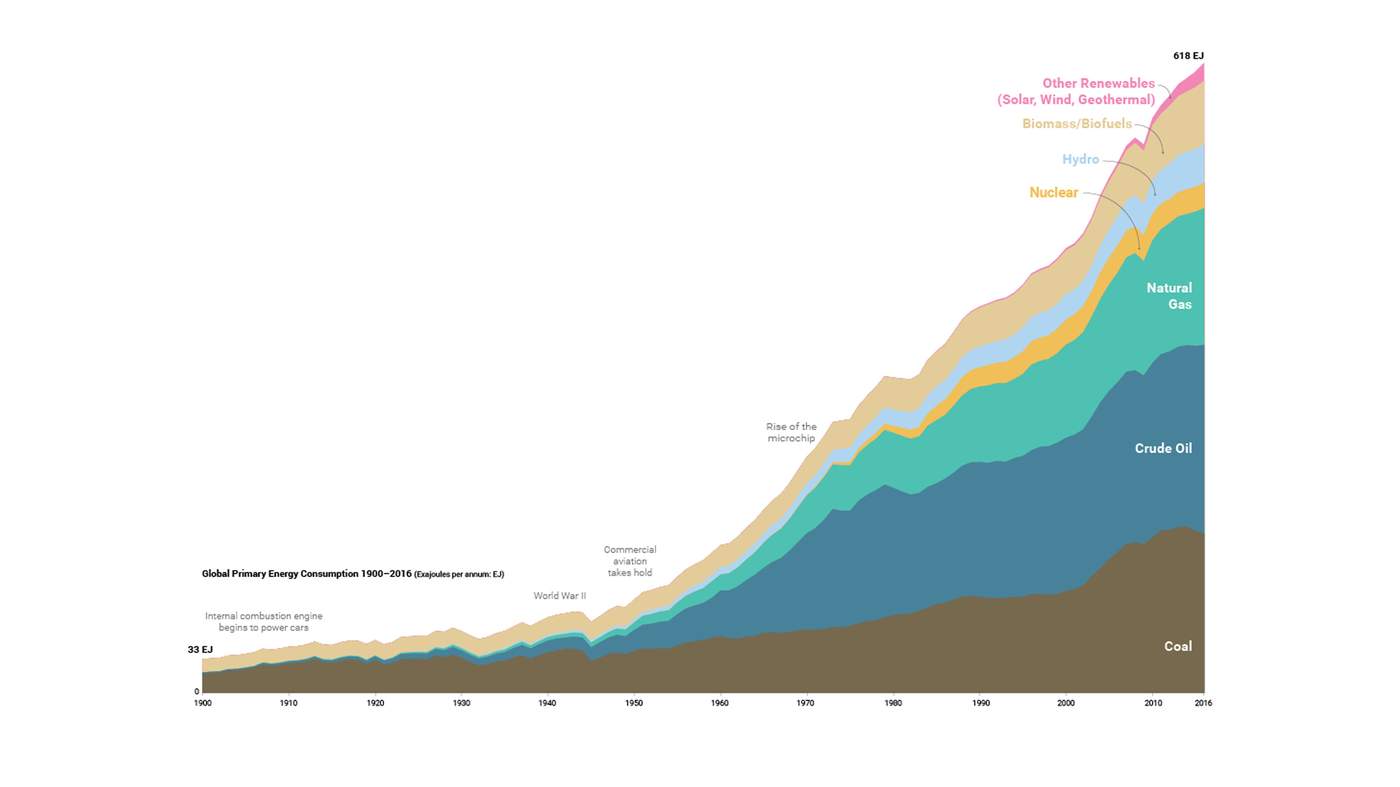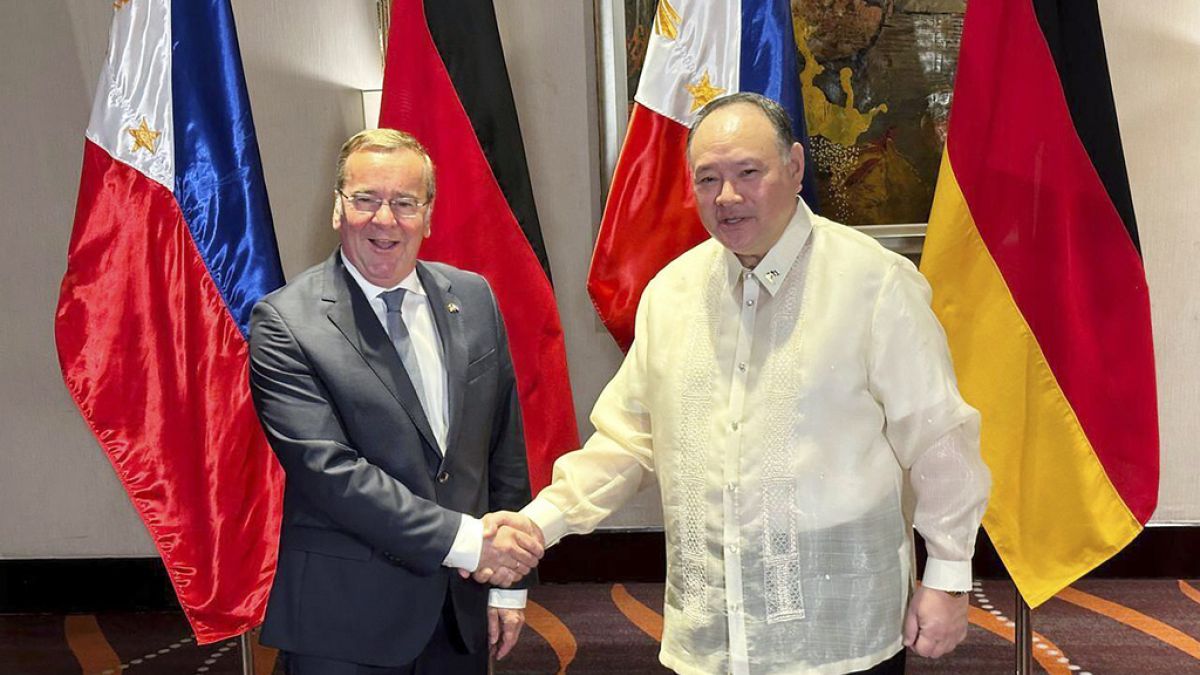What Is The Great Decoupling And How Will It Affect You?

Table of Contents
Understanding the Great Decoupling
Defining Economic Decoupling
Economic decoupling refers to the reduced interdependence between nations in areas such as trade, investment, and technology. It signifies a move away from the interconnected global economy we've seen in recent decades, characterized by globalization. Instead, nations are increasingly prioritizing self-reliance and reducing their reliance on each other for goods, services, and technology.
- Decoupling in simple terms: Imagine two countries deeply reliant on each other for trade. Decoupling means they actively reduce that reliance, perhaps by finding alternative trading partners or focusing on domestic production.
- Decoupling vs. Globalization: Globalization emphasizes interconnectedness and interdependence, whereas decoupling represents a move towards greater economic independence and separation.
- Historical Examples (limited): While not a perfect parallel, the Cold War saw some elements of decoupling between the East and West blocs, albeit with less interconnectedness to begin with.
The US-China Context
The US-China decoupling is the most prominent example of this trend. It's driven by a confluence of factors, primarily:
- Technological Rivalry: Competition for technological dominance, particularly in areas like 5G, artificial intelligence, and semiconductors, has led to restrictions on technology transfer and investment.
- Trade Disputes: Years of escalating trade disputes, including tariffs and trade wars, have strained the economic relationship between the two superpowers.
- Geopolitical Considerations: Ideological differences, concerns over national security, and the broader geopolitical competition between the US and China have further fueled the decoupling process.
Specific policies contributing to this include the US's restrictions on the sale of advanced semiconductors to China and China's efforts to develop its own technological capabilities independent of Western suppliers. Key events such as the trade war initiated in 2018 have significantly accelerated this process.
Beyond US-China: Broader Implications
The decoupling trend is not limited to the US-China relationship. We see similar dynamics emerging in other regions and between various countries:
- Example: Europe and China: The EU is also increasingly concerned about its technological dependence on China and is exploring ways to reduce its reliance.
- Regional Trade Blocs: The rise of regional trade blocs, such as the CPTPP (Comprehensive and Progressive Agreement for Trans-Pacific Partnership), reflects a shift towards greater regional integration rather than a fully globalized system.
Impacts of the Great Decoupling
Global Supply Chains
The Great Decoupling is severely disrupting global supply chains, leading to:
- Increased Costs: Businesses are facing higher costs due to increased transportation expenses, tariffs, and the need to source goods from multiple locations.
- Delays and Shortages: Disruptions to supply chains lead to delays in production and delivery, causing shortages of goods and impacting consumers.
- Impact on Specific Industries: Industries heavily reliant on global supply chains, such as electronics manufacturing and automotive, are particularly vulnerable.
Geopolitical Instability
Economic decoupling is increasing geopolitical risks and uncertainties:
- Potential for Conflict: Economic competition can escalate into geopolitical conflict, particularly when national security concerns are involved.
- Impact on International Cooperation: Decoupling can undermine international cooperation on issues such as climate change and global health.
- Regional Power Shifts: The decoupling process is leading to a reshaping of the global power balance, with regional powers potentially gaining influence.
Economic Growth and Development
The Great Decoupling will likely impact global economic growth, especially for developing countries:
- Potential Slowdown in Growth: Reduced trade and investment could lead to a slowdown in global economic growth.
- Shift in Investment Patterns: Investment flows may shift away from countries perceived as being too closely tied to one of the decoupling powers.
- Implications for Poverty Reduction: Slower economic growth could hamper efforts to reduce poverty and improve living standards in developing nations.
Adapting to the Great Decoupling
Diversification Strategies for Businesses
Businesses need to adapt to this new reality by:
- Diversifying Supply Chains: Reducing reliance on single suppliers and geographically diversifying their sourcing of goods and services.
- Exploring New Markets: Identifying and tapping into new markets to reduce dependence on specific regions or countries.
- Investing in Technology: Adopting new technologies to improve efficiency, resilience, and flexibility in their operations.
Government Policies and Regulations
Governments play a crucial role in managing the consequences of decoupling:
- Trade Policies: Governments will need to adjust their trade policies to manage the risks and opportunities presented by decoupling.
- Investment Incentives: Governments may offer incentives to attract investment and support domestic industries.
- Support for Domestic Industries: Governments may provide support to domestic industries to enhance their competitiveness.
The Role of Consumers
Consumers can also play a part in adapting to this shift:
- Supporting Local Businesses: Choosing to support local businesses helps to build regional resilience and reduce reliance on global supply chains.
- Considering the Origin of Products: Being more mindful of where products originate from and their potential impact on global supply chains.
- Understanding the Implications of Choices: Recognizing the broader economic and geopolitical implications of their purchasing decisions.
Conclusion
The Great Decoupling is a significant and complex phenomenon reshaping the global economy. Its causes, primarily stemming from US-China tensions and technological competition, are leading to disruptions in global supply chains, increased geopolitical risks, and potential impacts on global economic growth. Businesses, governments, and consumers must adapt to this new landscape through diversification, strategic policy adjustments, and conscious consumer choices. The Great Decoupling presents significant challenges and opportunities. Staying informed about this evolving economic landscape is crucial. Continue your research on the Great Decoupling and its impacts to prepare yourself for the future of global economics.

Featured Posts
-
 Stiven King Kritikuye Trampa Ta Maska Ostanni Novini
May 09, 2025
Stiven King Kritikuye Trampa Ta Maska Ostanni Novini
May 09, 2025 -
 Soyuz Frantsii I Polshi Podpisanie Oboronnogo Soglasheniya I Ego Geopoliticheskoe Znachenie
May 09, 2025
Soyuz Frantsii I Polshi Podpisanie Oboronnogo Soglasheniya I Ego Geopoliticheskoe Znachenie
May 09, 2025 -
 Harry Styles Response To A Hilarious And Bad Snl Impression
May 09, 2025
Harry Styles Response To A Hilarious And Bad Snl Impression
May 09, 2025 -
 Madeleine Mc Cann Disappearance A 23 Year Olds Dna Test And The Ongoing Investigation
May 09, 2025
Madeleine Mc Cann Disappearance A 23 Year Olds Dna Test And The Ongoing Investigation
May 09, 2025 -
 Trumps Billionaire Buddies And The Economic Fallout Of Tariffs
May 09, 2025
Trumps Billionaire Buddies And The Economic Fallout Of Tariffs
May 09, 2025
